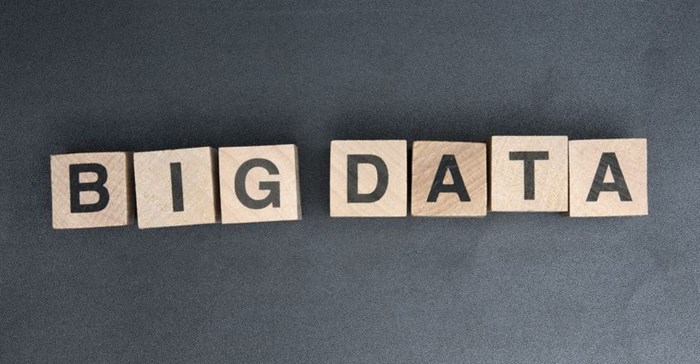Three ways businesses can utilise Big Data
Big data is the way of the future, especially when it comes to company profits and the development of new marketing strategies. If the numerous headlines dominating tweets and social shares about big data are any indicator, data can be interpreted in a number of ways in the workplace. Companies are realising the importance of analysing customer behavior and purchasing trends in their markets. Think about it for a minute: whenever you search for books or music on Amazon, or when you browse Netflix for a new series or movie to watch, your browsing habits and interests are tracked by a complex algorithm that is surprisingly accurate in terms of predicting what you ordinarily gravitate toward on your own.

Data governance
This brings us to the idea of data governance. Rather than focusing on quantities and values, Cristophe Marcant argues, "Areas that tend to be overlooked the most, involve the reference or master data that drive many of the organisation's actual business processes. Data governance aims to correct this by establishing formal management responsibilities for the quality of this data." The ability to be proactive requires critical thinking, emotional intelligence, and intuition, along with reasoning and empathy skills. Therefore, while number crunching and analytical tools involved with the handling of data is certainly important to master, it also takes thoughtfulness and foresight to effectively improve a company's image in terms of customer relatability and personal appeal.
To get an idea of a few of these data experiments in action, Rick Delgado illustrates how big data has been utilised to change the marketing strategy at Expedia. One strategy they adopted was the creation of an app that remembers what customers search for so that, in future searches, trip packages and locations that are more likely to appeal to particular customers come up as suggestions in future searches. This is similar to the effect that social media shares have on targeted Facebook ads.
In addition to customised searches, Expedia customers are offered multiple opportunities to provide feedback and their opinions on site and app features. Moreover, Expedia responds to their feedback in a serious, thorough manner. This combination of pattern recognition and customer service builds trust, earns loyalty, and improves sales.
Harnessing information
In addition to analysing customer preferences and feedback in order to improve sales, data science is also beginning to expand to other fields besides marketing, for example, medicine: Thus, data science is coming full circle to be used not only in laboratories for published studies in scientific journals, but also in harnessing information in patient records and success rates in alleviation of symptoms by various drugs used to treat various types breast cancer, for example.
Metastatic cancer, the only kind of breast cancer that is fatal, is the focus of a recent Op-ed piece by Laurie Becklund, who recently passed away. In the article, Becklund criticizes the misuse of breast cancer funding, data, and research. Her call to action involves the urgent need to create "a new system of data collection and an open, online, broad-range database about patient histories that will provide information invaluable to those who've been given a death sentence."
Data scientists needed
Instances of strategic application of data to widespread gaps in patients' medical needs is a refreshing, practical use of data. Businesses and burgeoning startups should take note of the need for data scientists, therefore, to solve a number of problems more far-reaching than the marketing of their own products.
There is the need for practical, life-saving applications of data to fill in the gaps in the health care sector, as well as perhaps the education sector - two areas that are consistently understaffed and often on the lookout for shortcuts, tools, and resources that will help them thrive. Entrepreneurs and in-house app developers take note!
So what are the takeaways for business owners and marketing strategists?
1. Pattern recognition, observation and analysis
2. Customer communication and feedback
3. Thoughtful analysis and interpretation of data to enact proactive and effective change
Hence, data scientists is a need that translates across many disciplines: from big data analysis for business marketing to healthcare reform and medical research via the fusion of current scientific findings and targeted studies of the effects of certain drugs when used to treat various conditions. The list is endless. It seems a bit like space or black holes, which it is also being used to understand more thoroughly! Whatever the cause, data science is the new frontier, and there is ample opportunity for exploration.







































